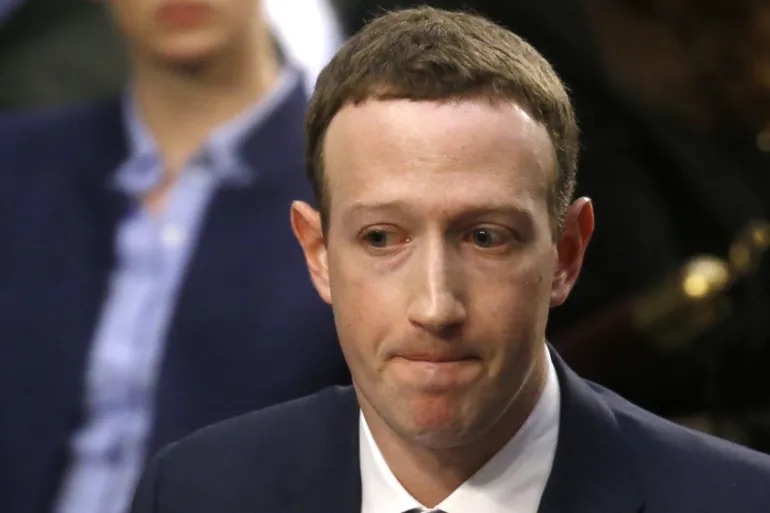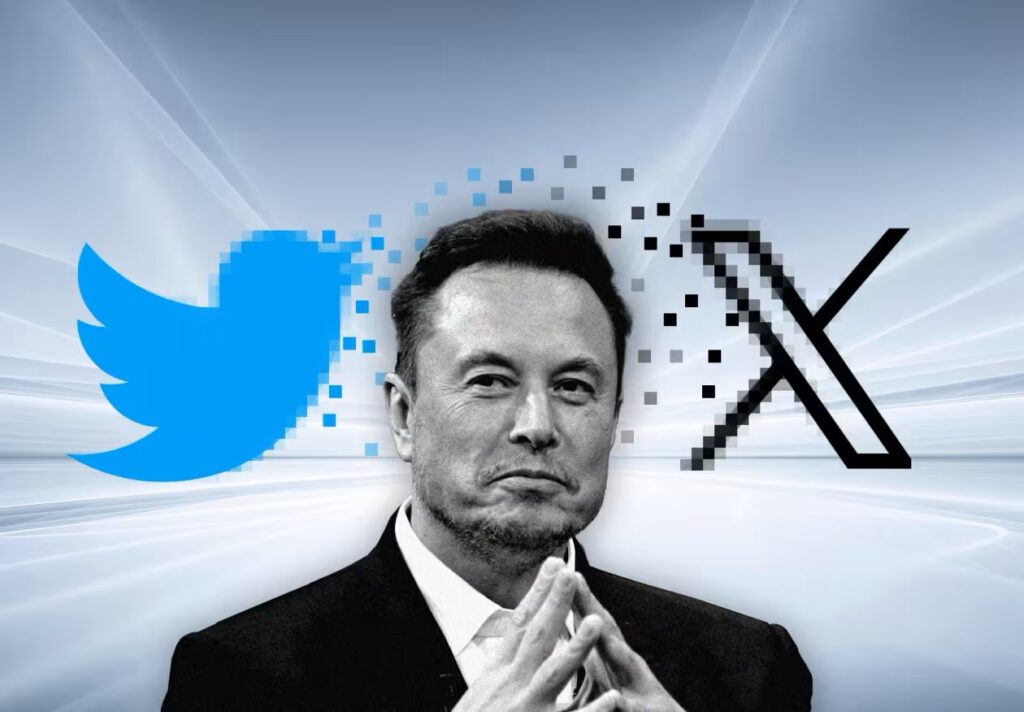Google, the parent company of YouTube, argued that the platform should not be classified as social media, citing its value for younger Australians. However, Prime Minister Anthony Albanese affirmed the ban as a crucial step in safeguarding children, with Australia’s eSafety Commissioner Julie Inman Grant backing the decision by highlighting YouTube as the primary source of harmful content for kids aged 10 to 15.
The government's approach is drawing international attention, prompting similar discussions in countries like Norway and the UK. Federal Communications Minister Anika Wells emphasized the necessity of protecting children from predatory algorithms online, likening the challenge to teaching children to swim in treacherous waters.
The ban will exempt certain services, including online gaming and educational applications, which are considered less harmful. Tech companies that fail to adhere to the age restrictions could face fines of up to A$50 million. A detailed framework outlining the ban’s implementation is expected to be presented in federal parliament soon.
The government's approach is drawing international attention, prompting similar discussions in countries like Norway and the UK. Federal Communications Minister Anika Wells emphasized the necessity of protecting children from predatory algorithms online, likening the challenge to teaching children to swim in treacherous waters.
The ban will exempt certain services, including online gaming and educational applications, which are considered less harmful. Tech companies that fail to adhere to the age restrictions could face fines of up to A$50 million. A detailed framework outlining the ban’s implementation is expected to be presented in federal parliament soon.




















